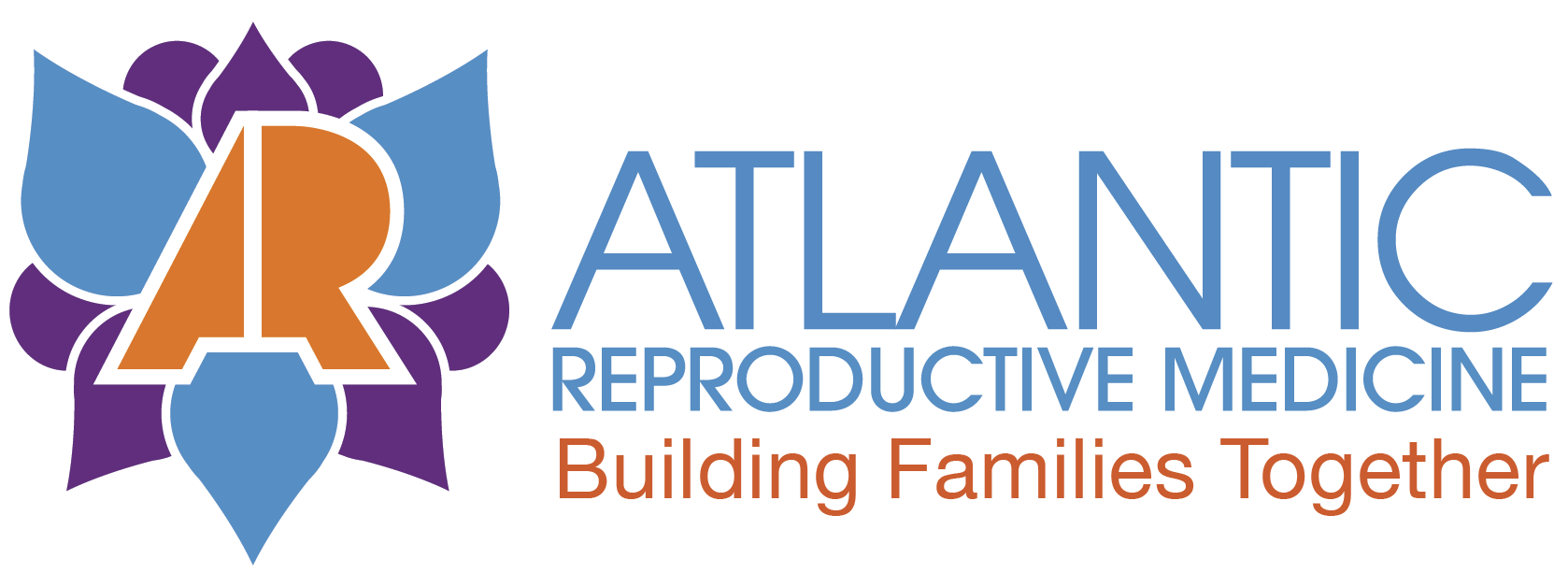
In Vitro Fertilization (IVF) FAQs
The length of time you take the injections will depend on the IVF plan chosen for you. Typically patients receive injections for 8 to 10 days, but some must take them for a little longer.
The average cost of an IVF cycle ranges between $10,000-$15,000. The cost is dependent on insurance coverage, patient characteristics, and treatment.
The success rate of IVF depends on various factors, which include:
- Reproductive history
- Maternal age
- Lifestyle factors
- Cause of infertility
Success Rates: SART Calculator
As with most medical procedures, there are potential risks. More severe symptoms include:
- Nausea or vomiting
- Decreased urinary frequency
- Shortness of breath
- Faintness
- Severe stomach pains and bloating
- Ten-pound weight gain within three to five days
Some side effects after IVF may include:
- Passing a small amount of fluid (may be clear or blood-tinged) after the procedure
- Mild cramping
- Mild bloating
- Constipation
- Breast tenderness
When you feel ready, schedule a consultation with your IVF specialist to review what might have been learned from the failed IVF attempt. We suggest waiting for one full menstrual cycle before undergoing another IVF stimulation. It can take up to 6 weeks for inflammation to resolve.
Once eggs have been successfully retrieved, they go to our IVF lab, where they are identified and placed in a culture for incubation. Using the sperm from your partner or those of a donor, our embryologist will inseminate the eggs and place them in an incubator. In most instances, intracytoplasmic sperm injection, or ICSI, will be used, which calls for the injection of one individual sperm into each oocyte. After four to six hours of incubation, the eggs are examined, and the healthy eggs are selected, which can be fertilized or frozen for future use. Within about 18 hours from fertilization, the eggs grow as embryos. Before being transferred into the uterus, the eggs will be observed for two to five days. The blastocysts are placed in the woman’s womb five days after fertilization.
A transvaginal ultrasound probe is inserted into your vagina to identify follicles. The needle then punctures each egg follicle and gently removes the egg through a gentle suction.
Egg retrieval is considered a minor surgery which requires anesthesia, so our patients feel nothing during the procedure. Patients may experience some minor cramping in the ovaries that can be treated with prescribed medications by your fertility doctor in Raleigh.
In-vitro fertilization (IVF) is one of the most well-known and established fertility treatments available. IVF treatment involves combining retrieved eggs with sperm in the controlled environment of an embryology laboratory. The resulting embryos are then placed in the woman’s uterus. IVF treatment is often recommended if you have one of the following problems:
- Uterine fibroids
- Endometriosis
- Fallopian tube damage or blockages
- Disorders that affect ovulation
- Premature ovarian failure
- Problems with sperm quality or quantity
IVF can also ensure that embryos are not affected by genetic diseases and preserve your fertility if you are undergoing cancer therapy or want to delay parenthood for other reasons.
In vitro fertilization (IVF) involves fertilizing eggs with sperm, which takes place outside the body. The embryo is taken from the dish and placed in the uterus using a fine tube.
